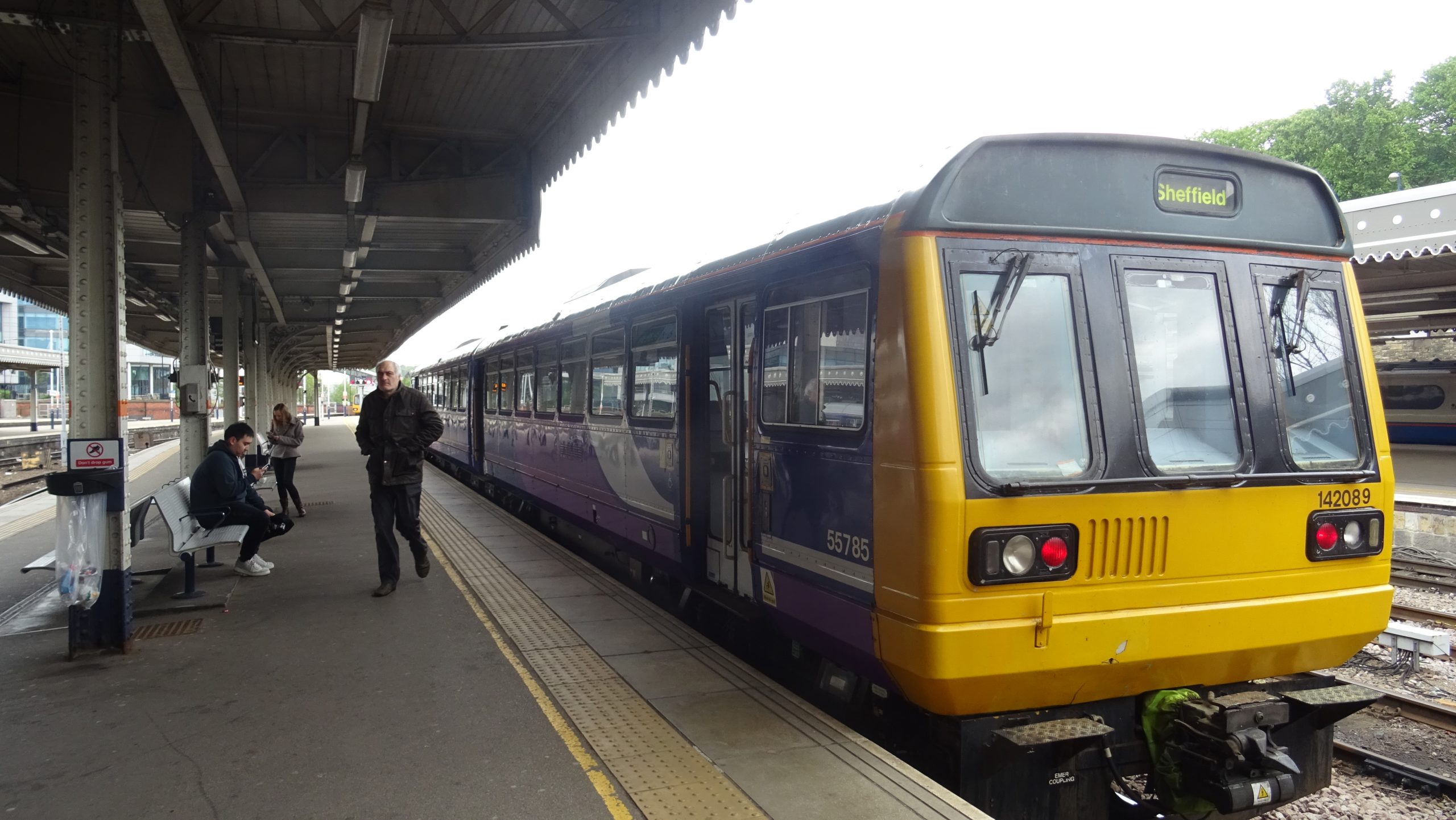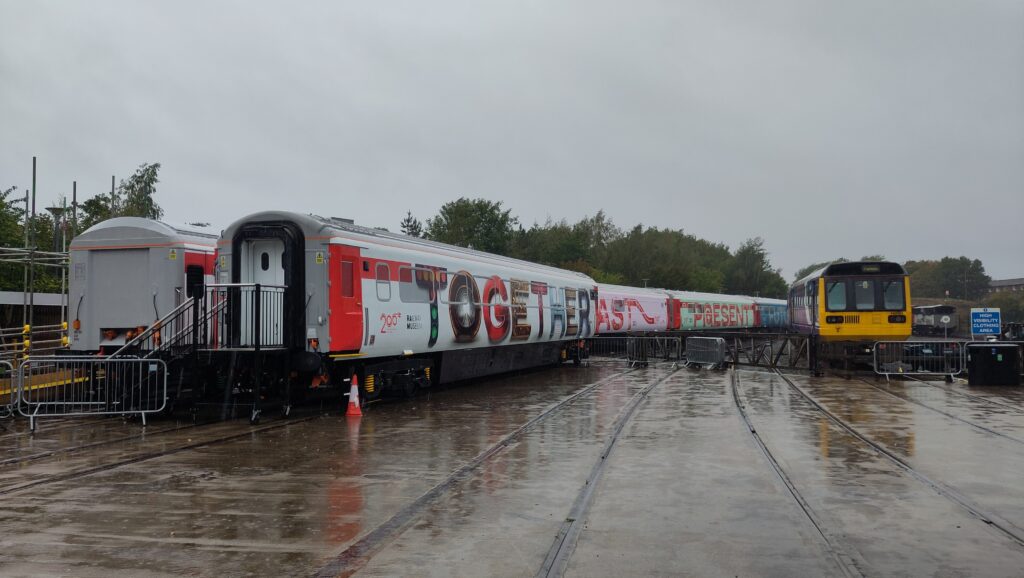Earlier today, Transport Secretary Grant Shapps announced that Northern would be renationalised, with the new “OLR” (Operator of Last Resort, controlled directly by the DfT) taking over on the 1st March.
This announcement didn’t come as a surprise (it’s been hinted at for months now), but in the long term this is a major departure from the long-held DfT policy of taking little notice of the woes of Northern transport. Northern passengers have been suffering from ageing rolling stock, overcrowding and poor reliability for years. So why now?
Well, first and foremost, Arriva Rail North were running out of money. This is not an unfamiliar tale on the UK Rail Network – many of the new franchises starting in the mid-2010s had wildly overoptimistic revenue projections, and so Northern and other operators like South Western Railways have been struggling to generate their projected profits from day 1. But the trouble for Northern really began with the infamous timetable disaster of May 2018, which, unlike Thameslink, they never truly managed to recover from. Looking at it this way, it’s actually rather remarkable they lasted this long.
Northern isn’t the first franchise to run into a financial brick wall, nor will it be the last. Last year, Virgin Trains East Coast was nationalised after it too ran out of cash, after the initial plan to give Virgin a new direct award until 2020 fell through. When it came to Northern, therefore, Shapps had a choice between the two options of nationalisation and a new direct award, which brings me to point number 2. Politics.
The Conservatives have just won a major election victory, with a majority of 80 seats, partially on the back of a swathe of “Northern heartland” voters who usually vote Labour. Keen to keep these new-found voters, Johnson’s government are no doubt looking for quick and easy political wins – preferably those which change little in reality and involve doing things they would probably be forced to do anyway. What’s one thing everyone in the North is broadly united in hating? Oh right, Northern Rail, that franchise that looks like it’s about to go bankrupt anyway. Seems like a perfect fit.
Now any expert, analyst or enthusiast worth their salt will tell you that changing the franchise on its own doesn’t fix Northern’s problems – after all, it didn’t in 2016. The rolling stock shortage, the driver shortage, ageing trains, old signalling, overcrowding and congested infrastructure will all continue to make passengers’ lives a misery for months to come.
That being said, there is one big difference between the new privatised franchise in 2016 and the new nationalised company today, and that’s the fact that when the post-new-franchise-grace-period comes to an end, and passengers realise the service hasn’t improved, the government will now bear the brunt of passengers’ frustrations (rather than being able to outsource the blame to private companies like Arriva). Thus, unlike in 2016, the government now has a real incentive to actually tackle the rail network’s root problems and make the service visibly better. Finally building Platforms 15 & 16 at Manchester Piccadilly would be a start.
Maybe Northern Rail has a bright future after all.
David Frankal is Joint Chief Executive at Enroute. This blog originally appeared on his website, written during his year out between high school and university. Two years after this was written, he would go on to do his Year in Industry Placement at Northern Trains, working in Operations and then Performance.



